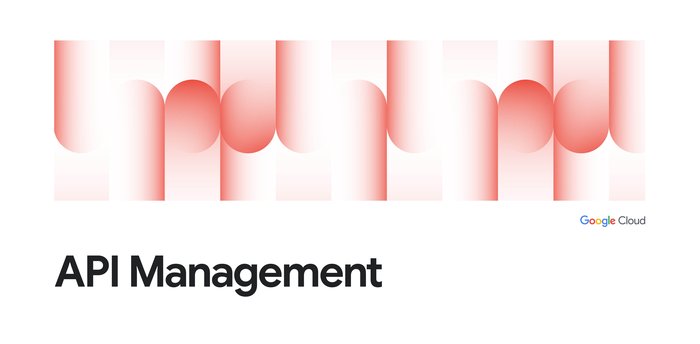Womply: Helping small businesses compete through API management

Brad Plothow
VP of Corporate Marketing and Communications, Womply
Mihir Sambhus
Head of Engineering, Womply
Editor's note: Today we hear from Brad Plothow and Mihir Sambhus from Womply, a software-as-a-service company that makes CRM, email marketing, and reputation management software for small businesses. The company recently developed APIs to help small businesses use data to gain a clearer picture of their markets—and how to compete in them.
Small businesses today have a lot of opportunities to expand services and improve everyday operations. With access to the right data and resources, they can take advantage of digital advertising, reviews sites, and customer insights. These can help them attract customers and foster long-term customer relationships, so they can better compete with large corporations and native e-commerce businesses.
Our mission at Womply is to help small businesses thrive in a digital world. Since 2011, we’ve offered software-as-a-service solutions for small businesses, serving more than 450,000 businesses every day with our software. This system includes a treasure trove of data about the relationship between local businesses and their customers. We started wondering if there was a way that we could open up our data platform to help small businesses gain new insights through their other applications.
To do that, we decided to create APIs, which would give developers and businesses a secure and controlled way to access our data platform. While we have a microservice architecture that we use for internal systems, we had never before created a scalable API program. When we looked into API solutions, we found that the Apigee API Management Platform had everything that we needed to bring security, speed, and self-service to our new API program.
Cultivating relationships with developers
If we want our data platform to improve local commerce for businesses and consumers, the first step is to win over developers. They’re the ones who will be building the apps, services, and integrations with our APIs, after all. It was very important to us that we create a developer portal that was scalable and extremely easy to use.
The Apigee developer portal provides simple and secure access to all of the information that developers need, from signing up for the portal, to reading documentation about how to use the APIs, to a sandbox environment for experimentation. The portal encourages self-service, so we don’t need a support team to walk developers through the development process.
We also wanted to boost the profile of our API program by announcing our developer portal at Money20/20 USA, an annual conference for fintech and finance companies. It would have taken us at least three months to build a developer portal on our own, and we would have missed this important deadline. Taking advantage of the built-in Apigee developer portal, we were ready to go live during the conference. In addition, since our team didn’t need to worry about building the portal, we could spend more time creating a bigger library of APIs and proxies for developers.
Fast time-to-market with Apigee
Apigee makes it very easy for our team to develop and release APIs. It only takes one person to launch each new API, which means that we can release more features quickly. We’ve released four APIs so far, and plan to make quite a few more available through our developer portal this year.
One of the first APIs we released is a benchmarking API, which lets businesses compare their own financial performance to average performance of comparable businesses in their geography. For example, someone running a restaurant in downtown San Francisco could compare their nightly revenue with similar restaurants in the same area. Are they struggling compared to their competition, or are they leading the pack? Are they stagnating, or improving relative to the market? Using this API, any developer can easily add benchmarking capabilities to their apps or services.
Going forward, developers could also use APIs to connect our sales transaction data to online marketing data. This would enable small businesses to attribute offline sales to online marketing and determine whether their Google ads or Facebook banners are paying off. Offline attributions are challenging, but APIs make it possible.
While we have planned a roadmap for APIs and proxies, the reality is that developers will probably surprise us with use cases that no one has even thought of yet. We have a waitlist of developers eager to sign up to our developer portal, but we’re onboarding developers slowly so that we can make sure that we’re releasing the right APIs for people’s needs.
Ready for any challenges
Monetization is another important part of our API roadmap, to increase our revenue streams. We are considering both an à la carte model, where developers can subscribe to one or two APIs, and a tiered package model, where developers get access to multiple APIs but pay different amounts depending on the number of API calls made. Because Apigee offers flexible monetization, we can implement any type of monetization system and adjust our strategy based on the analytics reports provided by the platform.
We hope that by sharing access to our data through APIs, local businesses will gain new insights and efficiencies that will help them thrive. Along the way, we’re confident that Apigee will handle any future API use cases that we want to explore.

